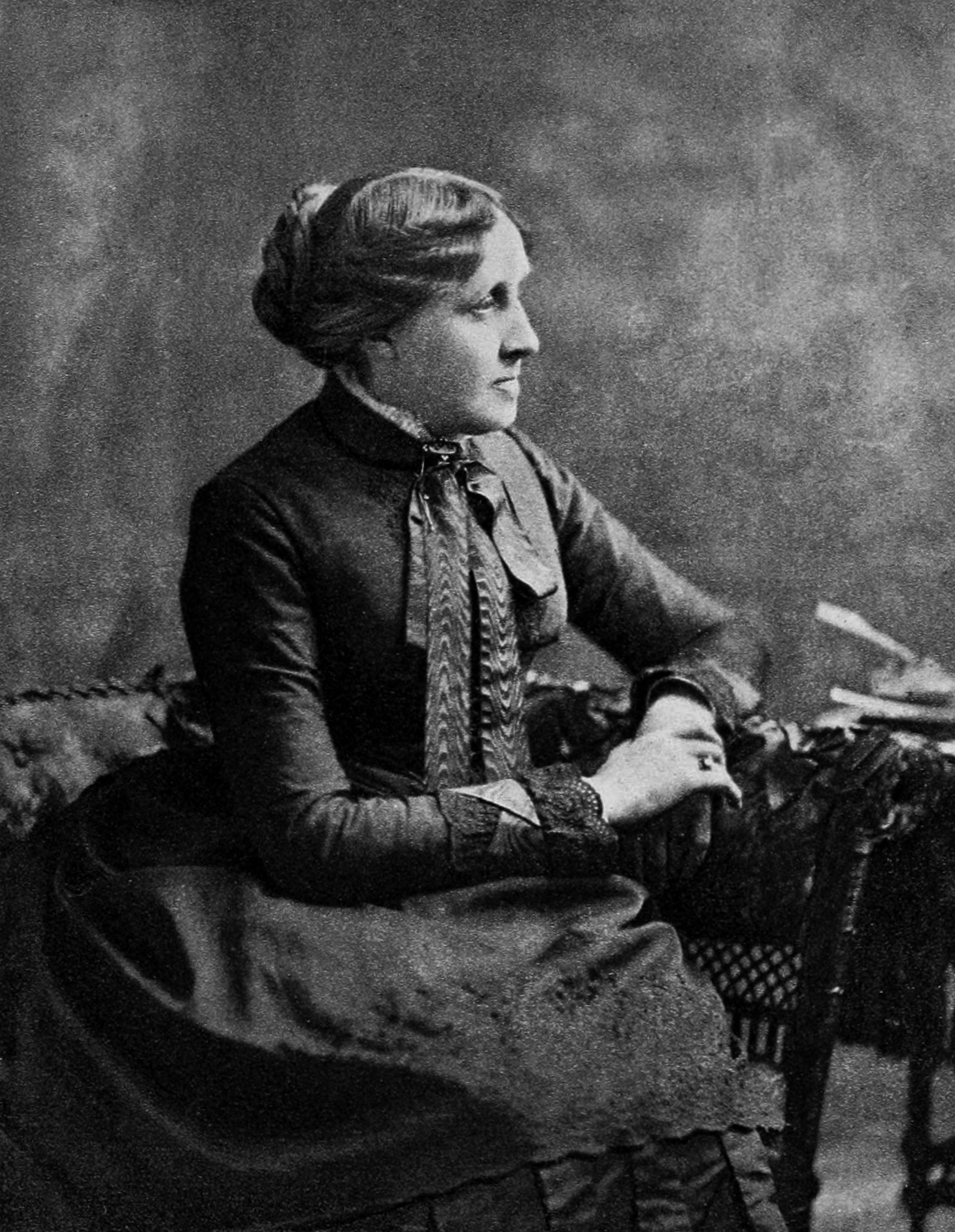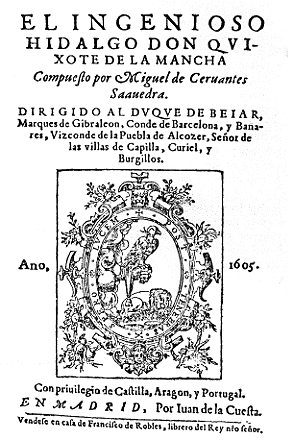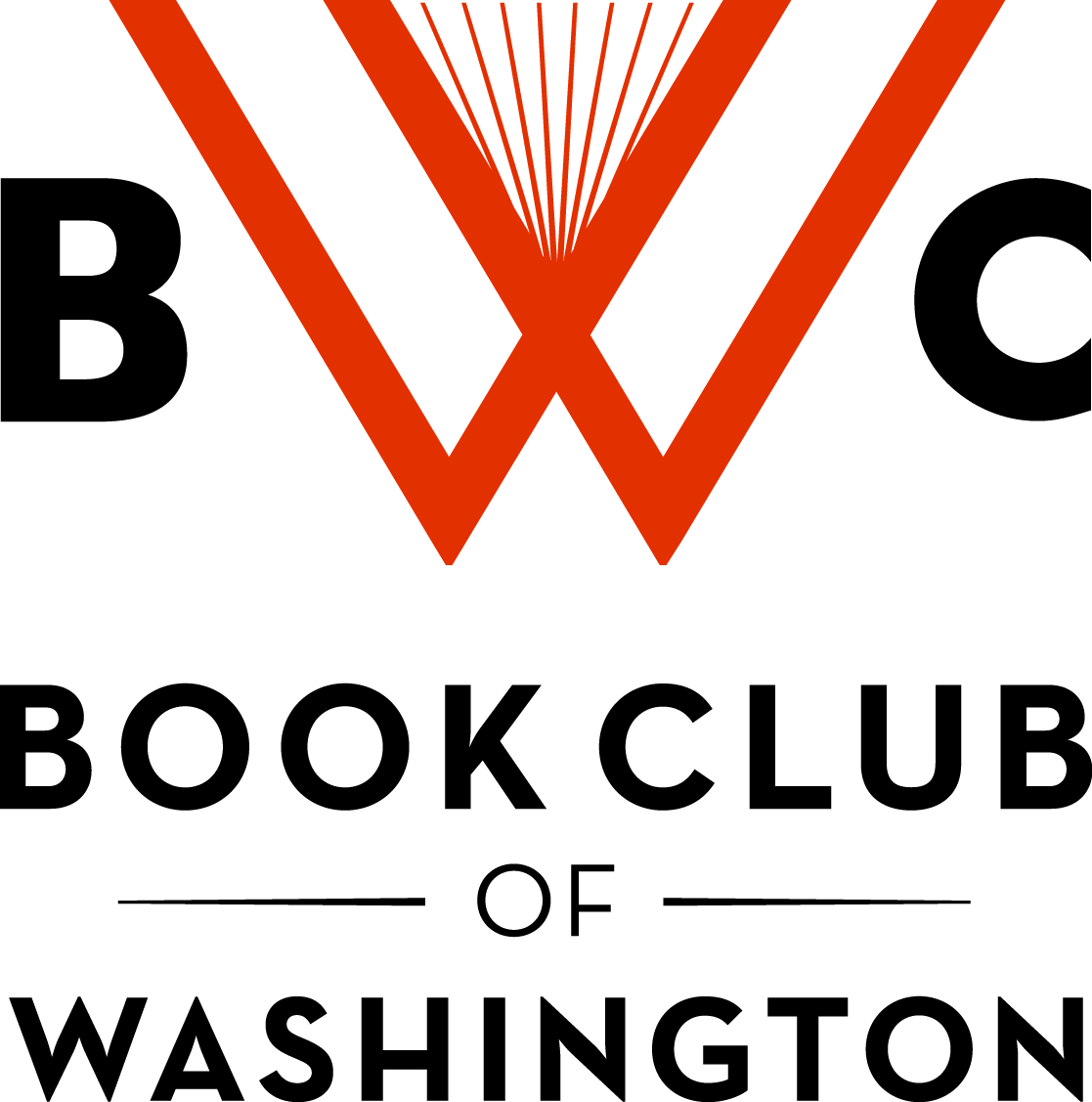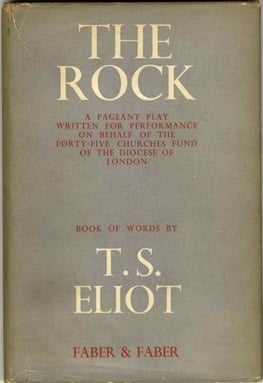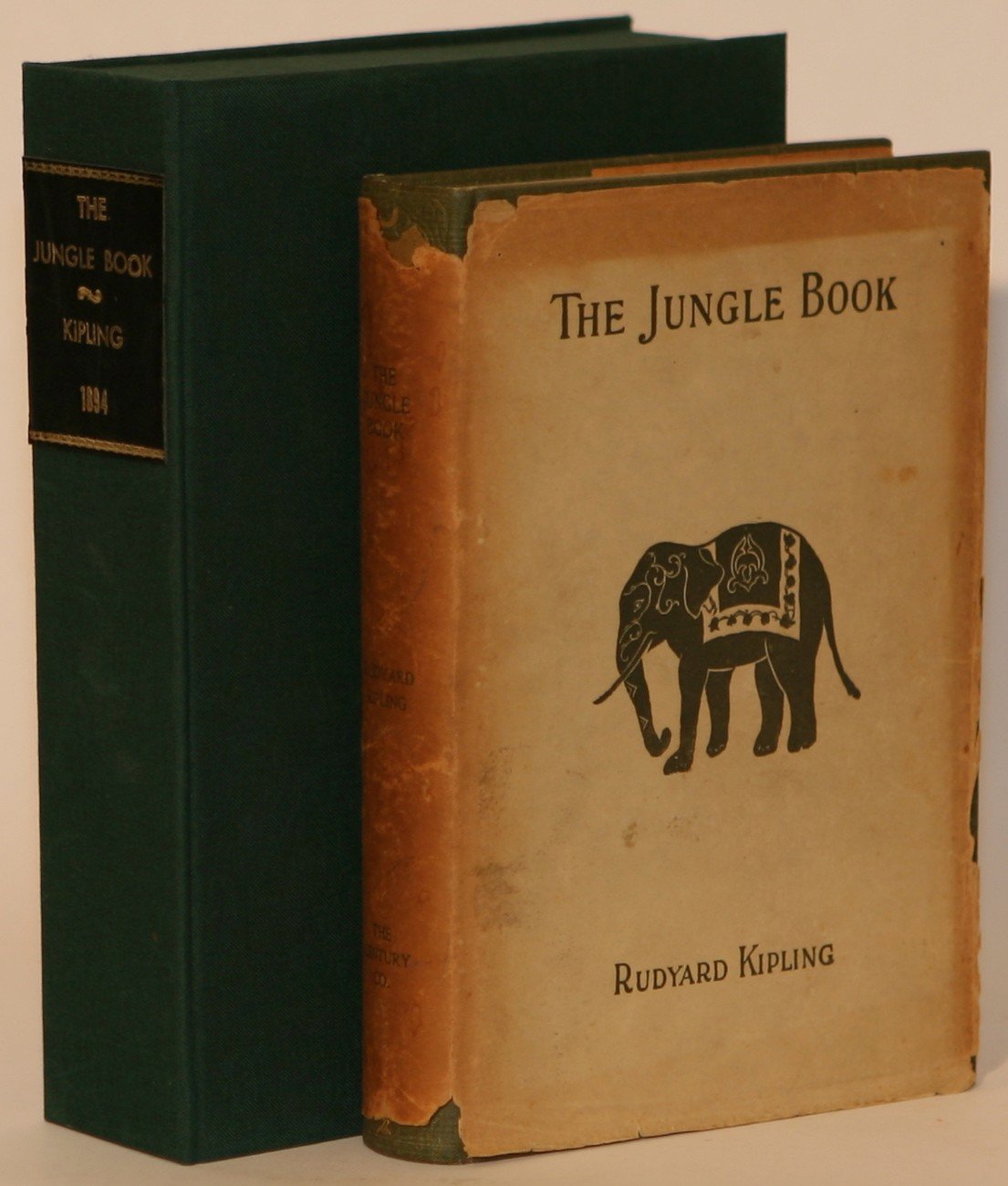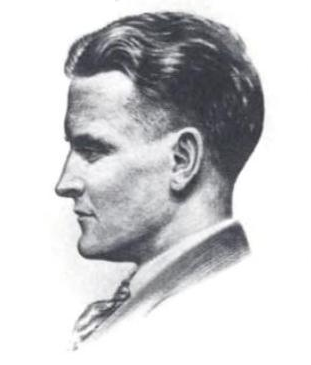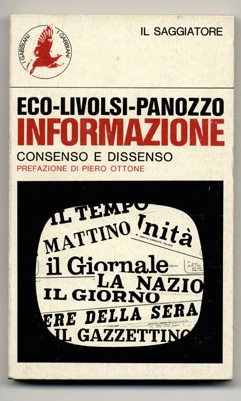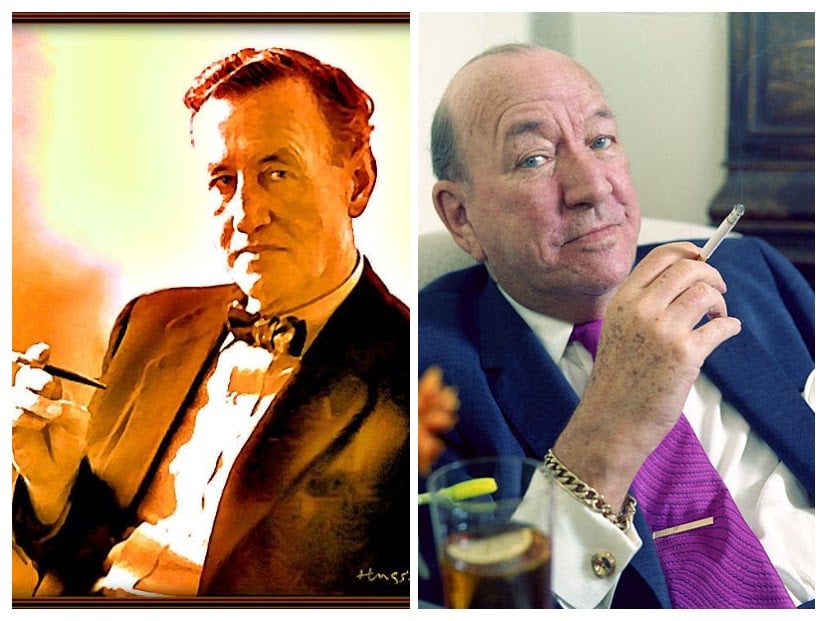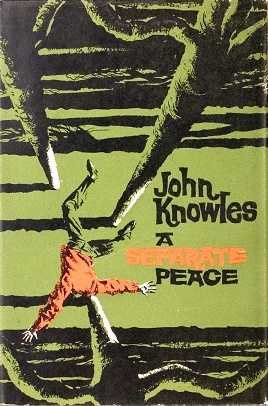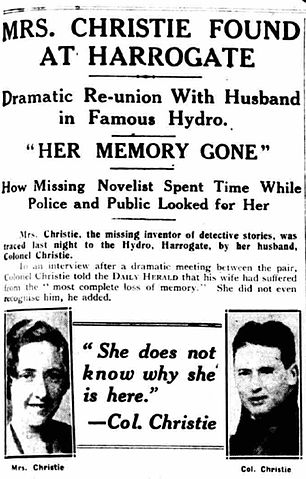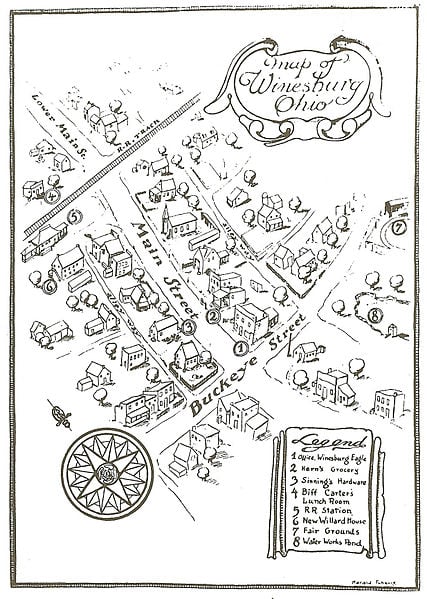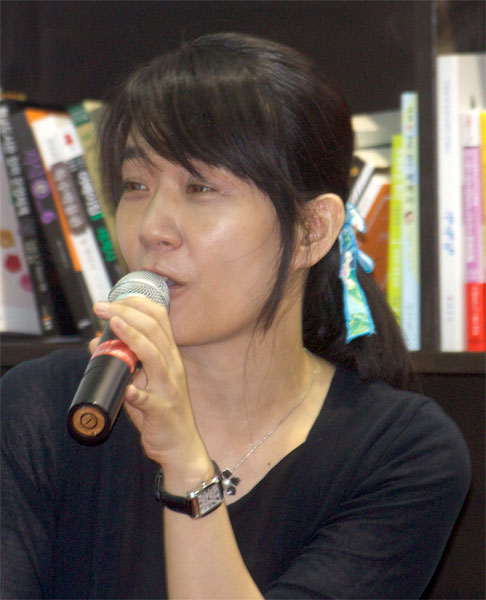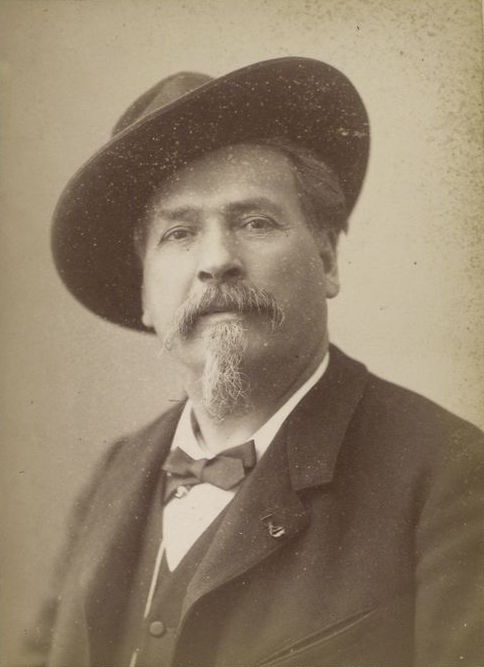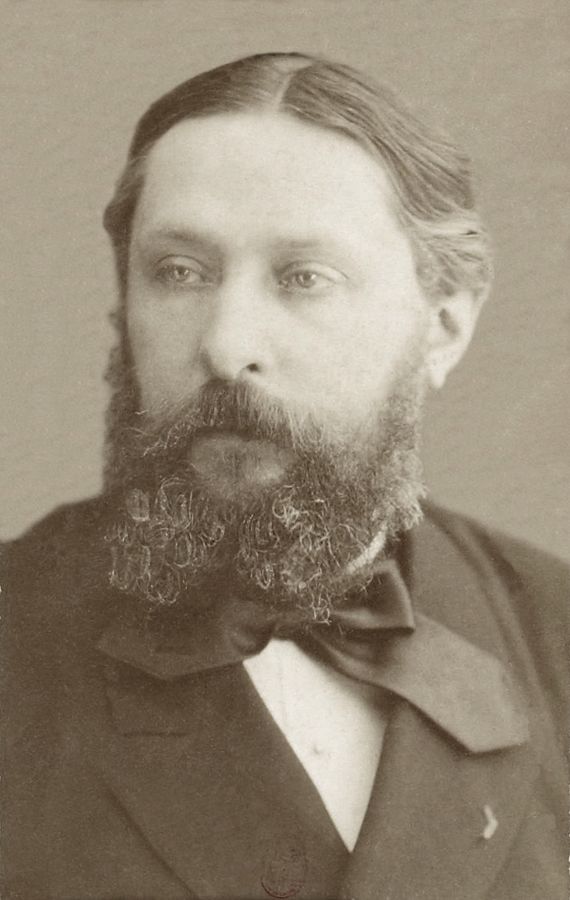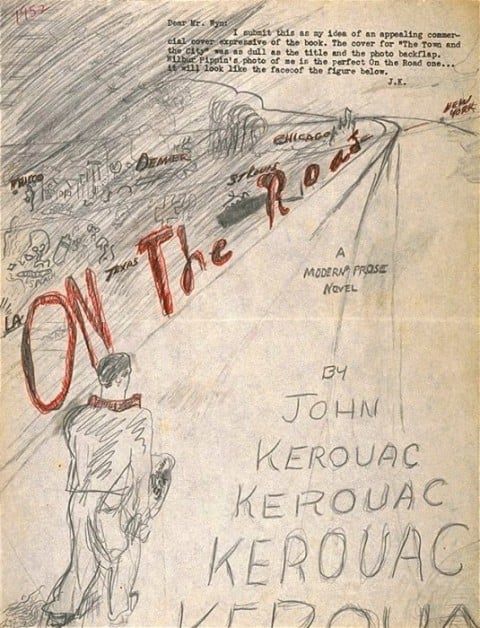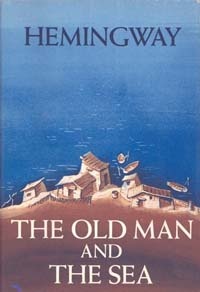Louisa May Alcott was born in New England in 1832 to transcendentalist parents. Her early education was comprised of lessons from a host of impressive family friends including Nathaniel Hawthorne, Ralph Waldo Emerson, and Henry David Thoreau. A love of education and writing was instilled in her at an early age but due to financial struggles, Alcott was forced to pursue a variety of jobs. It was while working to help support her family that she first turned to writing as an escape. She began writing for the Atlantic Monthly, and letters she wrote while working as a nurse during the Civil War were collected and published as Hospital Sketches. She wrote several novels under a pseudonym before penning her most well-known novel, the enduring classic Little Women. But in spite of the success of the novel which brought her acclaim and financial security, the story of the March sisters was not as close to Alcott's heart as one might think.
us toll free: 1-800-948-5563 international: +1 (843) 849-0283 UK: +44 (0) 1334 260018




